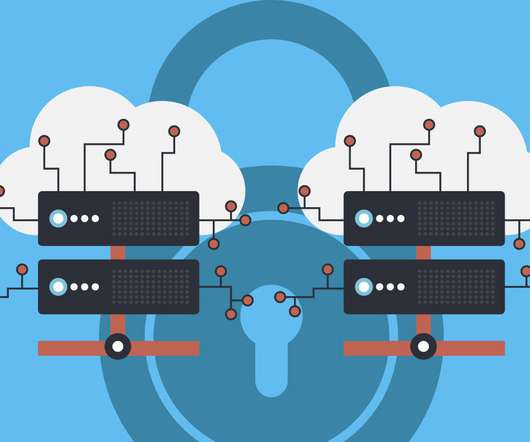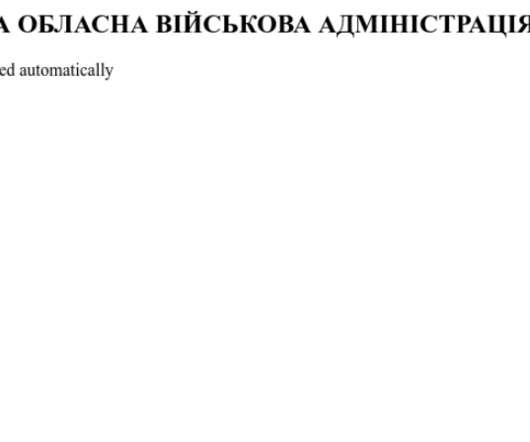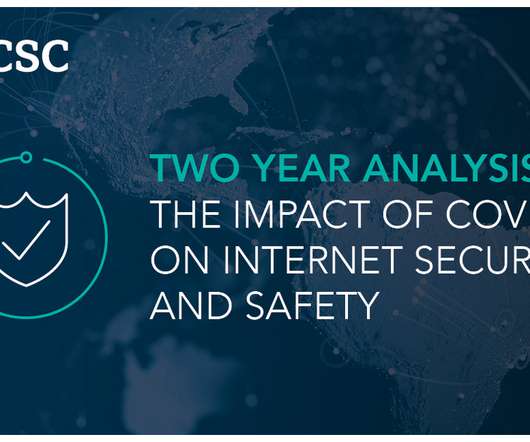Global 2000 companies failing to adopt key domain security measures
CSO Magazine
NOVEMBER 15, 2022
Forbes Global 2000 companies are failing to adopt key domain security measures, exposing them to significant security risks, according to CSC’s Domain Security Report 2022. The data follows Akamai research from August , which discovered increased malicious domain activity and phishing toolkit reuse based on DNS data.













Let's personalize your content